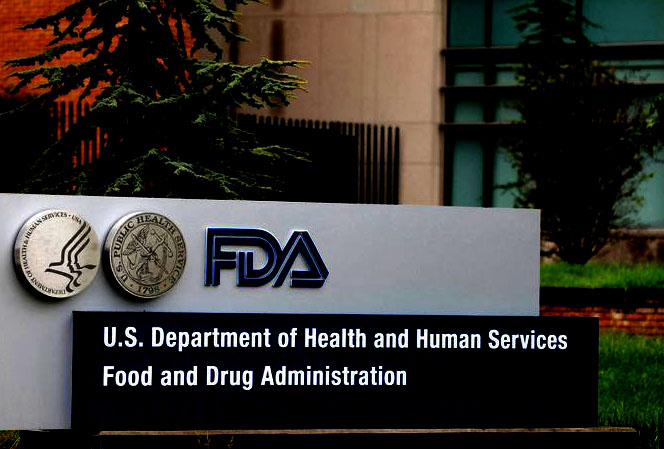The FDA’s verdict on Eisai, Biogen’s Alzheimer’s medicine, is expected in January.

Reuters –The FDA will speed up its review of Eisai Co (OTC: ESALY) Ltd and Biogen Inc (NASDAQ: BIIBexperimental )’s Alzheimer’s medicine lecanemab, with a decision expected by January 6, 2023, the companies announced on Tuesday.
Lecanemab, like its predecessor Aduhelm, is an antibody meant to remove sticky deposits of a protein called amyloid beta from the brains of people with early Alzheimer’s disease, a disease that causes memory loss and the inability to care for oneself.
Aduhelm was controversially authorised by the FDA in June of last year, despite the fact that just one of two late-stage trials showed it helped delay cognitive deterioration. The FDA’s own expert panel had warned against approval.
Biogen subsequently reduced the drug’s price from $56,000 to $28,000 per year. But this year, Medicare, the government health plan for people over 65 in the United States, said it would only pay for Aduhelm if patients were taking part in a qualified scientific trial. This effectively limits the use of the drug.
Eisai cut back on its involvement with Aduhelm in March, but it is still in charge of the 50-50 partnership’s lecanemab project.
The Japanese company’s shares soared on the announcement, rising more than 4% in Tokyo trade, making Eisai the second-largest gainer on the Nikkei 225 index.
Under the FDA’s fast approach, lecanemab must demonstrate that it can effectively interfere with the underlying alterations that cause Alzheimer’s dementia, rather than demonstrate any effect on cognition. The level of amyloid proteins in the brain would be one such “biomarker.”
That is the same standard that the FDA used to approve Aduhelm, so many people don’t believe it works.
Eisai stated that data from a large Phase 3 trial of lecanemab would be released this fall, answering the question of whether the medicine has an effect on cognitive performance.
The 1,800-person research aims to demonstrate that medicine can lower the rate of cognitive and functional decline by at least 25%.
“Here in the United States, we will clearly do our very best to make lecanemab available within the authorised coverage by different payers,” Eisai’s U.S. chairman, Ivan Cheung, told Reuters.
He stated that preliminary “top-line” trial results are expected in late September.
According to Eisai, the FDA has approved that the results of that trial can be used as a confirmatory study to validate the therapeutic benefit of lecanemab. Eisai said that, depending on the results, it might try to get full FDA approval for the drug by the end of its current fiscal year, which is March 31, 2023.
According to the company, it began an application with Japan’s Pharmaceuticals and Medical Devices Agency in March and intends to file for approval of lecanemab during the same time period based on the Phase 3 study results.
Eisai said that, once the results of the trial are known, it plans to submit an application for a new drug in Europe.





